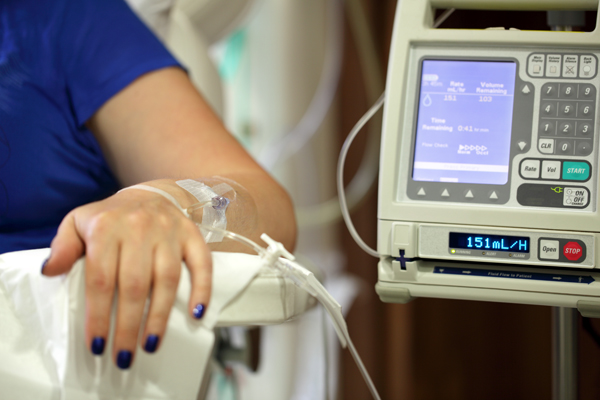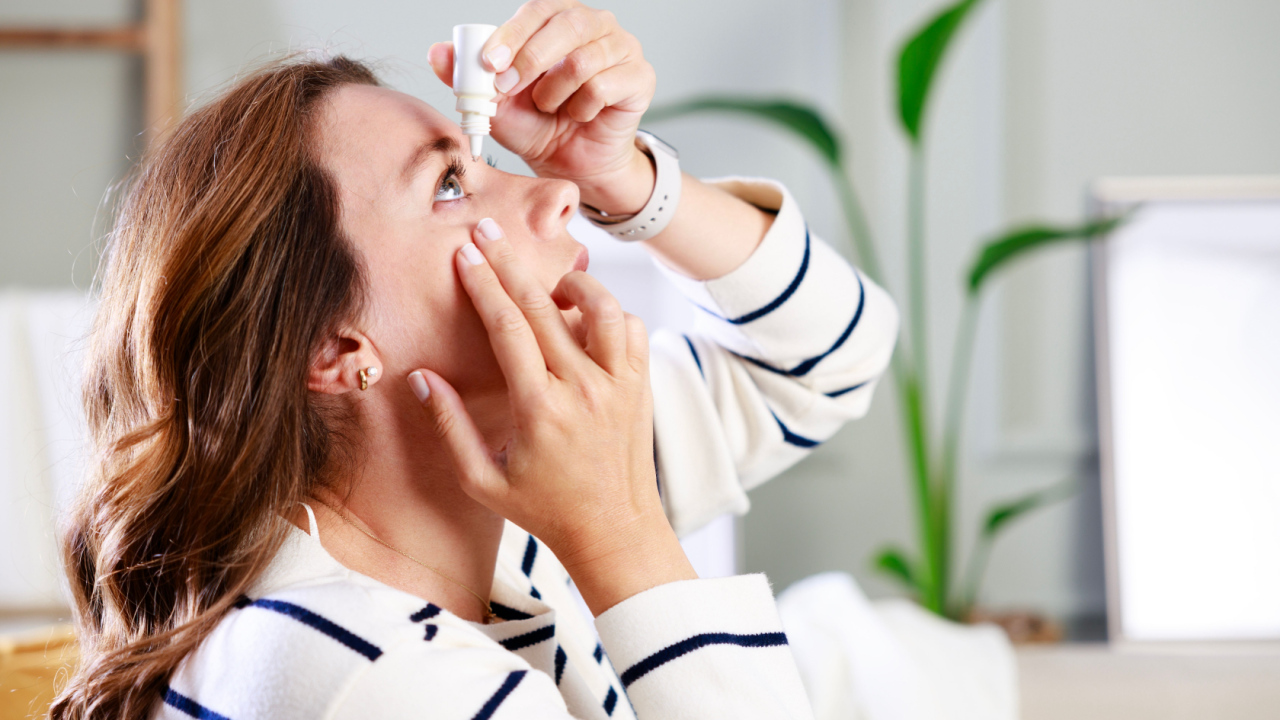According to a study conducted by researchers at the Stanford University School of Medicine and the University of Michigan, women with early-stage breast cancer are not being treated with chemotherapy as often as they once were. The results of this study are interesting because no treatment guidelines for this cancer type have been changed in recent years.
The findings of the nearly 3,000-patient study suggest that oncologists are gaining a better understanding that chemotherapy might not be the best treatment option for all patients. Since chemotherapy can cause multiple, unpleasant side effects – including nausea, fatigue and hair loss – physicians are increasingly exploring other options when it comes to treating early-stage breast cancer.
“For patients with early-stage breast cancer, we’ve seen a significant decline in chemotherapy use over the last few years without a real change in evidence,” said Dr. Allison Kurian, associate professor of medicine and of health research and policy at Stanford. “This likely reflects a change in the culture of how physicians are practicing, and a move toward using tumor biology to guide treatment choices rather than solely relying on clinical measures.”
Kurian and her colleagues also found that genomic testing is being used more often by oncologists, particularly when the patient would prefer a different treatment other than the one recommended by their doctor. The researchers published their findings in the Journal of the National Cancer Institute.
“Our study shows how breast cancer is a model for how doctors have driven advances in personalized medicine into the exam room to reduce overtreatment,” said Katz.
Kurian and her team initially survey over 5,000 women who received treatment for early-stage breast cancer between 2013 and 2015. In total, 2,926 women showed estrogen receptor expression without human epidermal growth factor receptor-2 expression – two factors which are commonly used to inform treatment decisions.
The research team then performed an additional grouping step by categorizing patients based on the involvement of lymph nodes adjacent to the breast tissue. In talking with the patients and their physicians, they ascertained if chemotherapy was recommended to the patients and whether the women received it.
Chemotherapy use among patients with early-stage breast cancer declined to 21.3 percent from 34.5 percent between 2013 and 2015. Oncologists also showed a decrease in recommending the cancer treatment during this time period, from 44.9 percent in 2013 and 31.6 percent in 2015.
“We believe this study indicates that physicians are attempting to be more selective in their recommendations and to spare patients toxicity when possible,” said Kurian. “As personalized medicine becomes more widely available, doctors are using test results as part of their dialogue with patients about their preferences and overall treatment goals. But the long-term outcomes of these recent changes in chemotherapy use are uncertain.”












Join or login to leave a comment
JOIN LOGIN